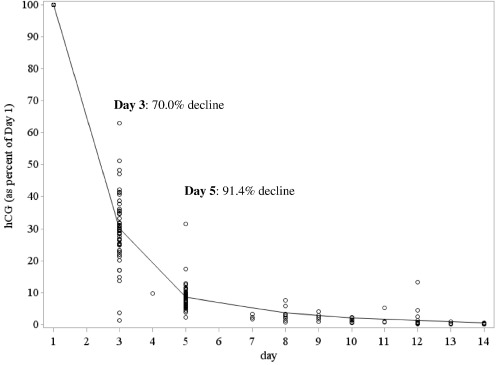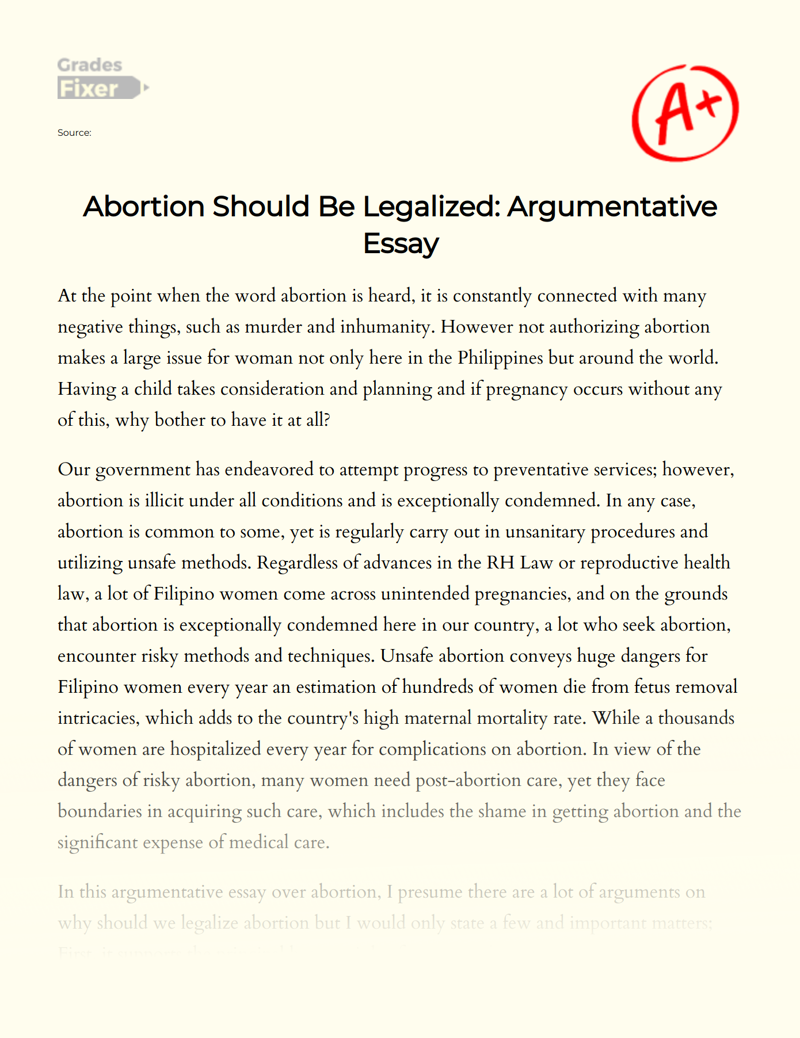Constipation after abortion can occur due to various factors including hormonal changes and side effects of medications used during the procedure. It is important to understand the causes and take appropriate measures to alleviate this condition.
Abortion is a medical procedure that often involves the use of medications and hormonal changes, and it can occasionally lead to constipation. While constipation can be uncomfortable, it is usually a temporary side effect that can be managed with simple interventions.
We will explore the causes of constipation after abortion and discuss effective methods to relieve this condition. By understanding the underlying factors and implementing the suggested remedies, individuals can overcome constipation and promote better digestive health following an abortion. Let’s delve into the details and find out how to address this common post-abortion concern.

Credit: www.boldsky.com
Causes And Symptoms Of Constipation After Abortion
Hormonal Changes
After an abortion, hormonal changes can lead to sluggish bowel movement. The fluctuation in hormones can affect the normal functioning of the digestive system, resulting in constipation.
Medications and Anesthesia
The pain medications and anesthesia used during the abortion procedure can lead to constipation as they can slow down the bowel motility.
Post-Operative Effects
The stress and trauma caused by the abortion can lead to sudden changes in bowel habits, leading to constipation. Additionally, the physical recovery process may also contribute to bowel irregularities.
Managing Constipation After Abortion
Managing Constipation After Abortion:
Dietary Modifications: One effective way to manage constipation after an abortion is to make certain dietary modifications. Increase your fluid intake by drinking plenty of water and fresh juices. This helps to soften the stool and ease bowel movements. Additionally, including high-fiber foods in your diet, such as fruits, vegetables, and whole grains, can help regulate your bowel movements. Regular exercise and physical activity can also alleviate constipation as it stimulates the muscles of your intestines, promoting bowel movements. Lastly, if needed, over-the-counter remedies containing fiber or stool softeners can provide relief from constipation. Remember to consult with your healthcare provider before taking any medication or supplements. By following these dietary modifications, you can effectively manage constipation.
Preventing Constipation
Follow your doctor’s instructions carefully to prevent constipation after an abortion. Your doctor may recommend specific medications or dietary changes to help regulate your bowel movements. It is important to stay hydrated by drinking plenty of water throughout the day. Include fiber-rich foods in your diet, such as fruits, vegetables, and whole grains, to promote healthy digestion. Avoid processed foods, as they can contribute to constipation. Regular exercise can also help stimulate your digestive system. Additionally, manage stress levels through relaxation techniques and self-care practices. Stress can affect your bowel movements, so finding healthy ways to cope can help prevent constipation. Avoid holding in bowel movements and respond promptly when you feel the urge. Consider using gentle laxatives or stool softeners as recommended by your doctor, but always consult before taking any medication. By following these guidelines, you can reduce the likelihood of constipation after an abortion and promote overall digestive health.

Credit: www.mdpi.com
When To Seek Medical Help
Constipation after abortion can be common. However, if you experience persistent constipation, it’s crucial to seek medical help. Severe abdominal pain can also indicate a problem and should not be ignored. Additionally, rectal bleeding is a serious symptom that requires immediate attention. Don’t hesitate to reach out to your healthcare provider if you have any concerns.

Credit: www.tianweisignature.com
Frequently Asked Questions :
Q: Why Do Some Women Experience Constipation After Abortion?
A: Constipation after abortion can occur due to hormonal changes, anesthesia effects, and reduced physical activity during recovery. The body’s response to the abortion procedure can slow down the digestive system, leading to constipation. It is a temporary condition that usually resolves within a few days.
Stay hydrated, eat a fiber-rich diet, and engage in light exercise to help alleviate constipation.
Q: How Long Does Constipation Last After An Abortion?
A: The duration of constipation after an abortion can vary from person to person. In most cases, constipation typically lasts for a few days to a week. However, it is important to maintain a healthy lifestyle, including a balanced diet and regular exercise, to ensure a smooth recovery.
Q: What Can I Do To Relieve Constipation ?
A: It is essential to stay hydrated by drinking plenty of water. Consuming fiber-rich foods such as fruits, vegetables, and whole grains can also help. Mild exercise like walking or yoga can promote bowel movement.
If necessary, over-the-counter stool softeners or laxatives can be used after consulting with a healthcare professional.
Q: Can Pain Medication Cause Constipation ?
A: Yes, certain pain medications prescribed after an abortion procedure can contribute to constipation. Opioid-based painkillers are known to slow down the digestive system, leading to constipation. It is recommended to discuss pain management options with your healthcare provider and inquire about alternatives that have a lesser chance of causing constipation.
Conclusion
Is essential for overall well-being. Taking simple steps, such as staying hydrated, eating fiber-rich foods, and being physically active, can help alleviate discomfort and promote regular bowel movements. Consulting a healthcare provider for additional guidance and support is also important.
Prioritizing gut health is crucial for post-abortion recovery and everyday wellness.



